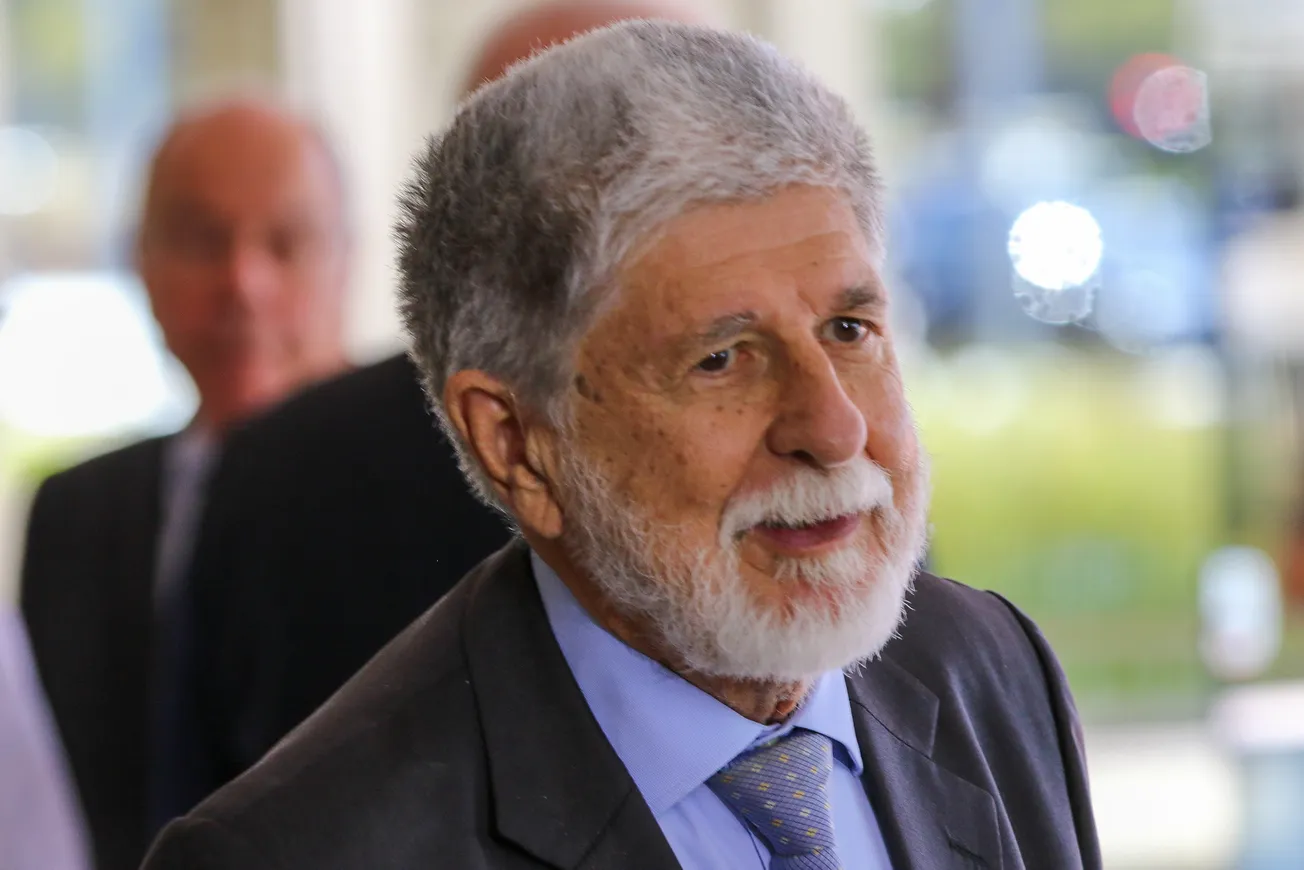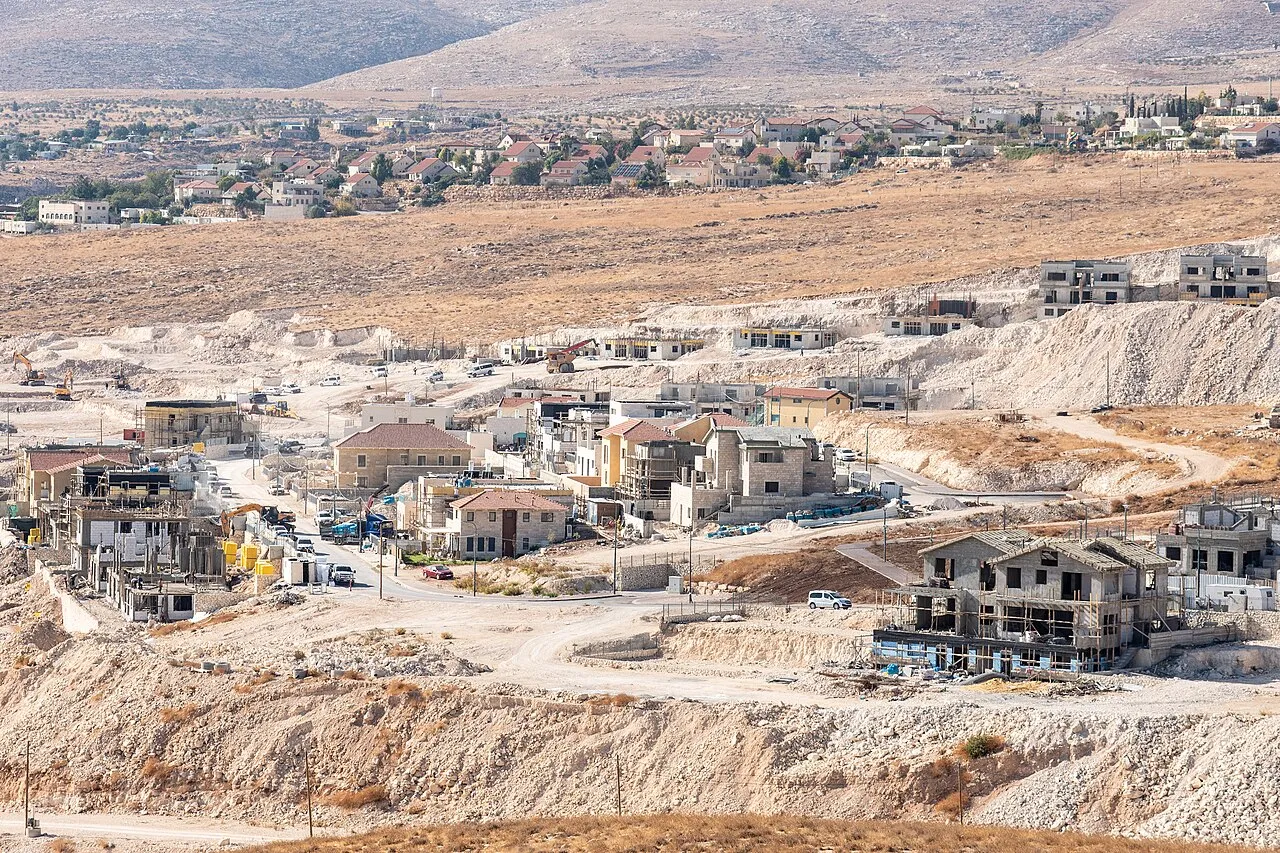A top-level Brazilian delegation spent last week in Beijing, hammering out the details of the economic agreements to be announced and signed during President Xi Jinping’s state visit to Brazil on Nov. 20. Top on the agenda was whether Brazil will now join the Belt and Road Initiative. Bilateral relations will advance either way, but a decision by Brazil to join the BRI can open the door for the giant continent-wide infrastructure projects that the South American nations have sought for more than 150 years—starting with a transcontinental railroad connecting the Atlantic coast of Brazil with Peru’s about-to-be completed deepwater Chancay Port on the Pacific.
President Lula da Silva’s Chief of Staff Rui Costa and Foreign Policy Advisor Celso Amorim led the Brazilian delegation. Also included was Gabriel Galípolo, the current director of monetary policy at the Central Bank whom Lula has named as the bank’s next president come next January. New Development Bank President Dilma Rousseff—herself a former President of Brazil—traveled from her Shanghai headquarters to join the delegation in Beijing as well, according to press reports. For weeks prior, an inter-ministerial working group had been analyzing what proposals Brazil would take into those negotiations, including the pros and cons of Brazil entering the BRI.
Until now, the Lula government has maintained that Brazil’s own infrastructure program (known as the PAC) and the BRI work well in parallel, so there is no reason to formally join, a distinction everyone is well aware reflects domestic and international pressures.




